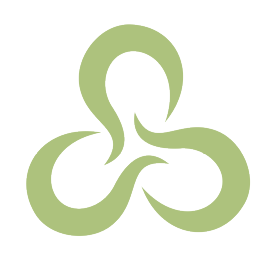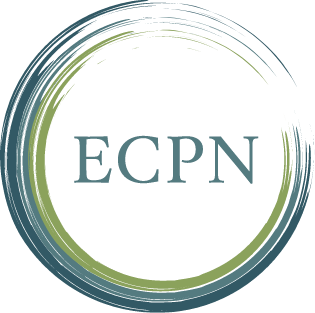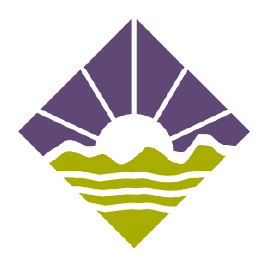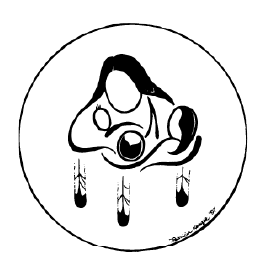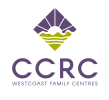We value professional development as a continuous journey of knowing, being and doing. We recognize learning as more than acquiring technological skills to be applied by rote. Rather, professional development is to continuously explore what it means to respectfully live and learn together in an unpredictable and always emerging world.
- In British Columbia, certified Early Childhood Educators are required to complete 40 hours of professional development over the course of their certification term.
- The organizations offering online courses through The Hub, will provide professional development certificates for the hours of course completion.
- Certificates can be submitted as proof of professional development along with your renewal application.
Learn more about the requirements for renewing and maintaining your
Early Childhood Certificate according to BC’s ECE Registry here.
Learn more about requirements for different types of child care
providers in BC here.



